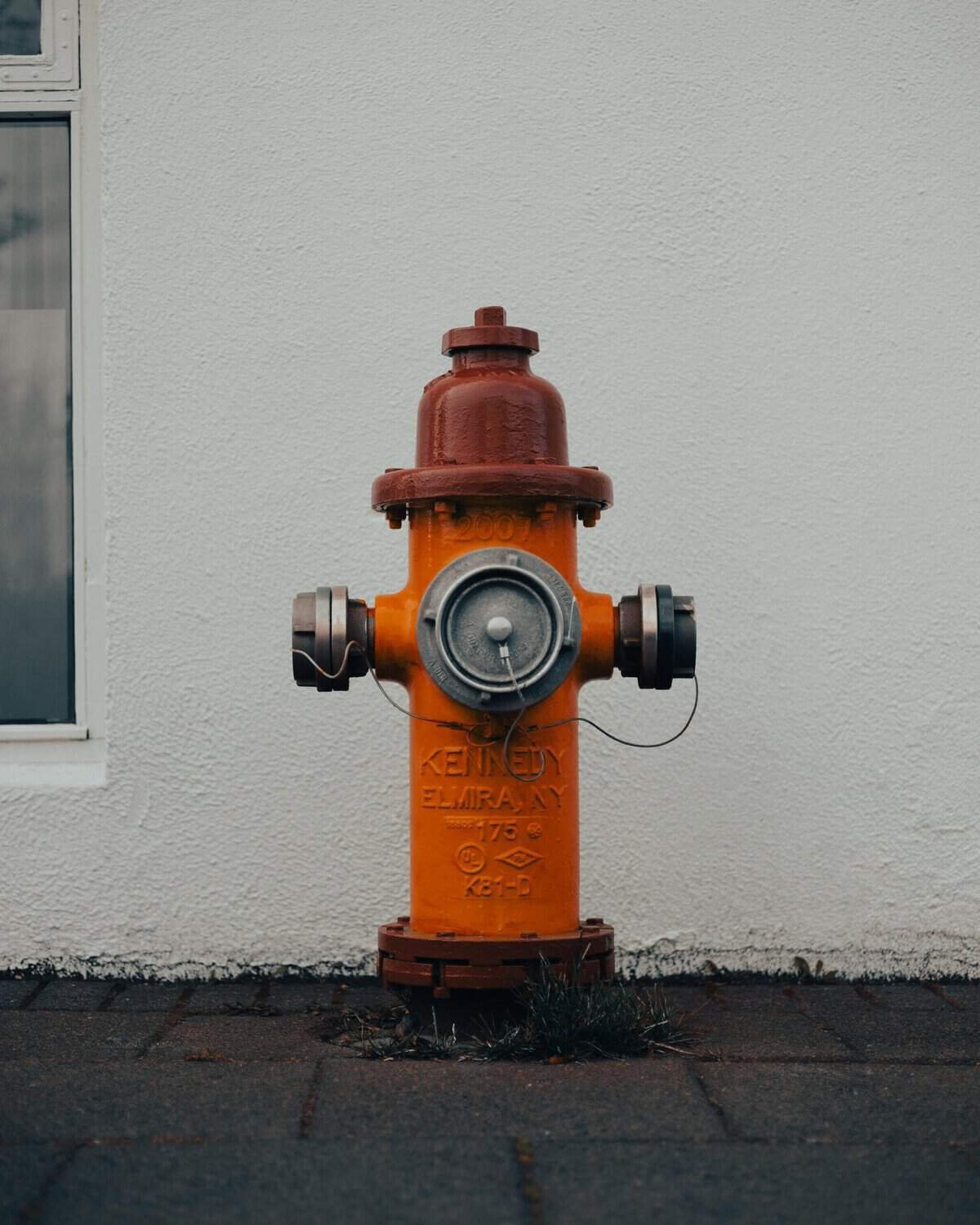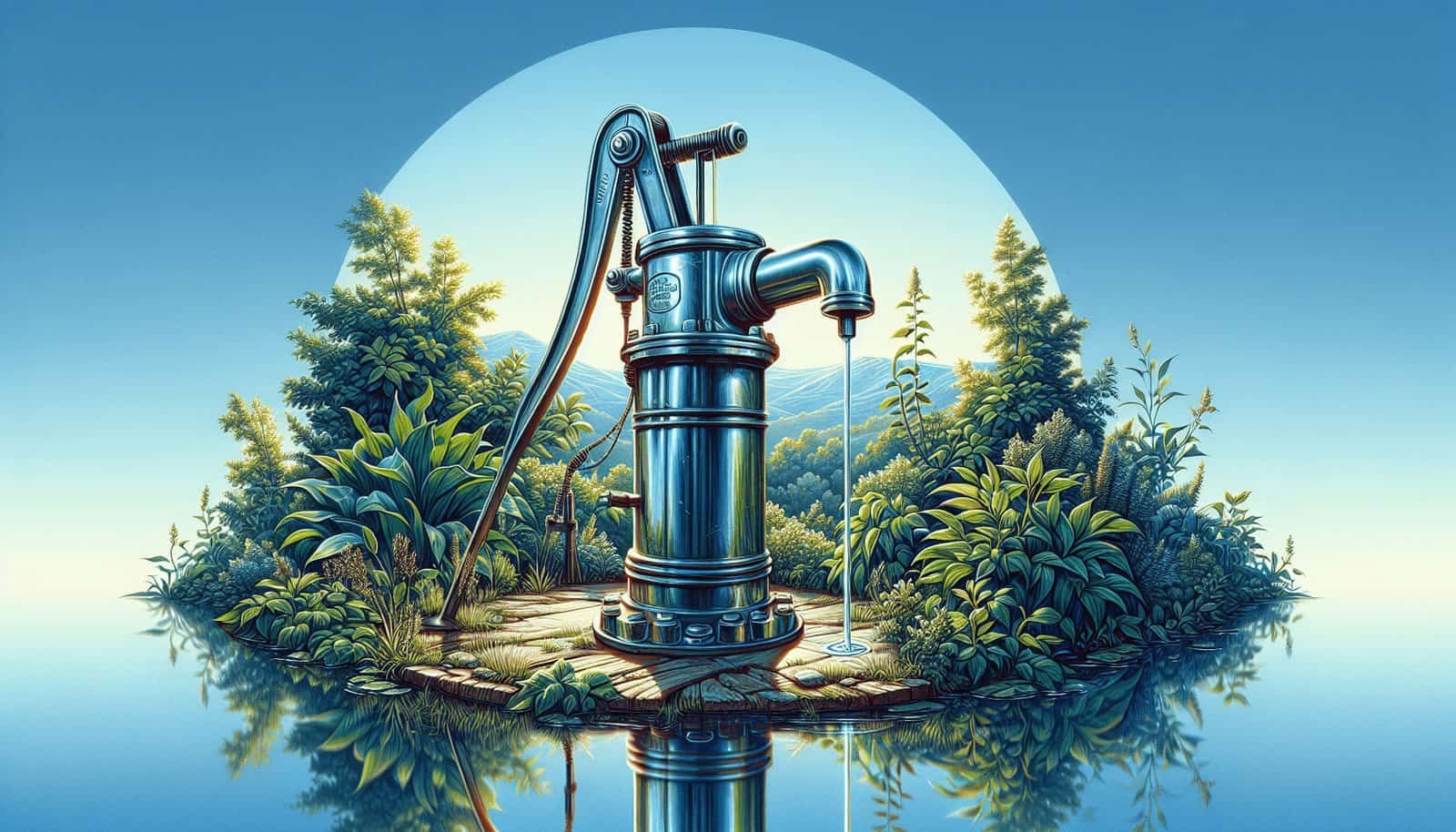Have you ever wondered how much the integrity of your water well system matters for maintaining a reliable and safe water supply? Ensuring the longevity of your well system involves understanding and preventing the threats that rust and corrosion pose. Rust and corrosion can lead to costly repairs and even compromise the safety of your water. Let’s dive into some key strategies to keep these pesky problems at bay.
Understanding Rust and Corrosion
Before diving into prevention, it’s essential to understand what rust and corrosion are. Rust is a specific form of corrosion that affects iron and its alloys, primarily caused by exposure to oxygen and moisture. Corrosion, on the other hand, refers to the degradation of materials (not limited to just metal) due to chemical interactions with their environment. It’s a slow process but can lead to severe damage over time if not managed.
How Rust and Corrosion Affect Your Well System
When it comes to your water well system, rust and corrosion can weaken the structural integrity of metal components. This could affect pipes, casings, and even pumps. Over time, this degradation leads to leaks, blockages, and potentially hazardous water contamination. Understanding the specific components at risk allows you to target your prevention strategies effectively.
Causes of Rust and Corrosion in Well Systems
Several factors contribute to rust and corrosion in well systems, each needing its approach for mitigation.
Water Chemistry
The quality and chemical composition of your water significantly affect how prone your system is to corrosion. High acidity (low pH), high levels of dissolved oxygen, and the presence of salts like chlorides and sulfates can accelerate corrosion. Monitoring water quality helps in adjusting your system to resist these chemical interactions.
Environmental Factors
External factors like temperature, soil composition, and humidity levels in your area also play a crucial role. For instance, if your region has high humidity or acidic soil, your well system would be more prone to corrosion. Understanding environmental influences can guide you in selecting materials or protective coatings that are more resistant.
Material Selection
The types of materials used in your well system play a pivotal role in its vulnerability to rust and corrosion. Metals like galvanized steel or cast iron are prone to corrosion compared to stainless steel or PVC. Careful material selection based on your specific conditions can be a robust first line of defense.

Prevention Strategies
Now that you understand the causes, let’s delve into practical steps you can take for prevention.
Regular Inspections and Maintenance
Routine inspections are crucial for early detection of rust and corrosion. An annual inspection by a professional can help catch potential issues early before they escalate. Besides professional inspections, regularly check visible components like the casing and exposed pipes for any signs of rust or damage.
Water Treatment Solutions
Employing water treatment solutions can significantly mitigate corrosion. Water softeners can reduce hardness, while neutralizing filters can address acidic water. Additionally, adding corrosion inhibitors that form a protective film can help safeguard your system from further damage.
Material Upgrades
Upgrading to corrosion-resistant materials can provide long-term protection. Stainless steel and PVC are excellent choices. While the initial cost might be higher, the reduced maintenance and longer lifespan will save you money in the long run.
Cathodic Protection
This technique involves using sacrificial anodes which corrode instead of your primary structural materials. It’s a common method used to protect underground tanks and pipes. Consult with a professional to determine the feasibility and installation process for your specific system.
Protective Coatings
Applying protective coatings like paints or sealants can offer an additional layer of protection. These coatings act as a barrier, preventing moisture and oxygen from reaching the metal surface.
Environmental Control
If possible, modifying your environment can reduce the rate of corrosion. For example, ensuring proper drainage around your well site can reduce moisture accumulation, while ventilation can mitigate humidity levels.
Monitoring and Testing
Ongoing monitoring and testing are crucial to ensure your prevention strategies are effective.
Regular Water Testing
Regular water testing is essential not only for quality but also to monitor changes in chemical composition that could indicate corrosion issues. Professional testing every couple of years can provide insights into necessary adjustments in treatment solutions.
Corrosion Monitoring Tools
Using corrosion coupons or electrical resistance probes can provide real-time feedback on the corrosion rate within your system. These tools are inserted into the system and periodically analyzed to assess the extent of corrosion over time.

Cost-Benefit Analysis of Prevention
Investing in prevention strategies for rust and corrosion might seem costly upfront. However, when compared against the potential costs of repairs or complete system failure, the benefits far outweigh the expenses.
Costs of Neglect
Failure to address rust and corrosion can lead to significant issues such as leaks, contamination, and even total system failure. Each of these problems represents substantial repair costs and potential health hazards.
Financial Benefits of Prevention
While prevention might involve upfront investments, such as upgrading materials or implementing water treatment systems, the long-term savings in reduced maintenance costs and extended system life provide a clear financial benefit.
Why Prevention Matters for You
Ultimately, preventing rust and corrosion in your water well system is about ensuring a reliable, safe, and cost-effective water supply for you and your family. The peace of mind that comes from knowing your system is well-protected is invaluable.
Long-term Water Quality
Ensuring that your water well system is free from corrosion means better water quality in the long run. You are safeguarding your family’s health by preventing contaminants from entering your water supply.
System Longevity
By investing in rust and corrosion prevention measures, you not only protect your current investment but also ensure that your system serves you well into the future, potentially increasing the value of your property.

Working with Professionals
Ensuring your water well system remains corrosion-free may often require professional involvement.
Choosing the Right Professional
Finding a reliable professional with experience in water systems is crucial. They can provide valuable insights into material choices, protective coatings, and the best prevention strategies tailored to your specific needs.
Regular Professional Assessments
Having regular professional assessments means that you can address issues before they become severe, maintaining the integrity and functionality of your system over time.
Conclusion
In essence, the integrity of your water well system heavily depends on your diligence in preventing rust and corrosion. From understanding the causes to applying effective strategies, every step you take contributes to the longevity and safety of your water supply. By making informed choices and investing in comprehensive prevention methods, you ensure a consistent, safe, and clean water source now and in the future.
Final Thought
Remember, the effort you put into preventing rust and corrosion now can save you significant stress and expense down the line. Embrace these strategies to protect not only your well system but also the health and wellbeing of those who depend on it.

